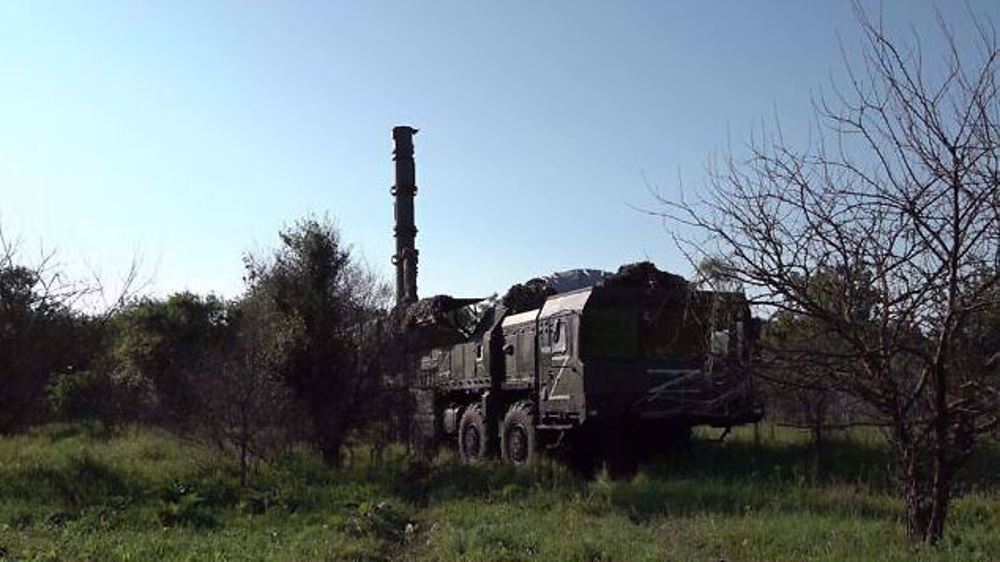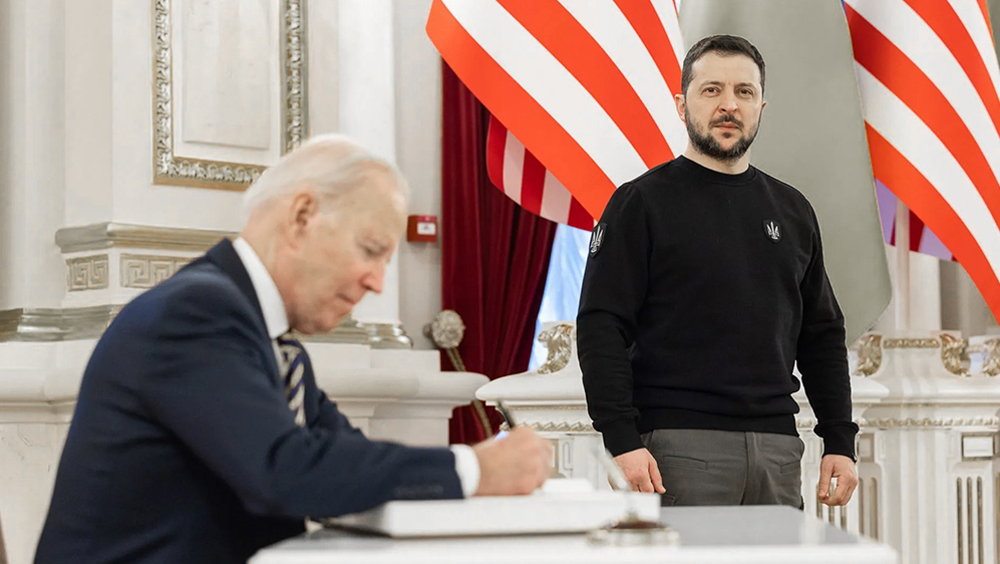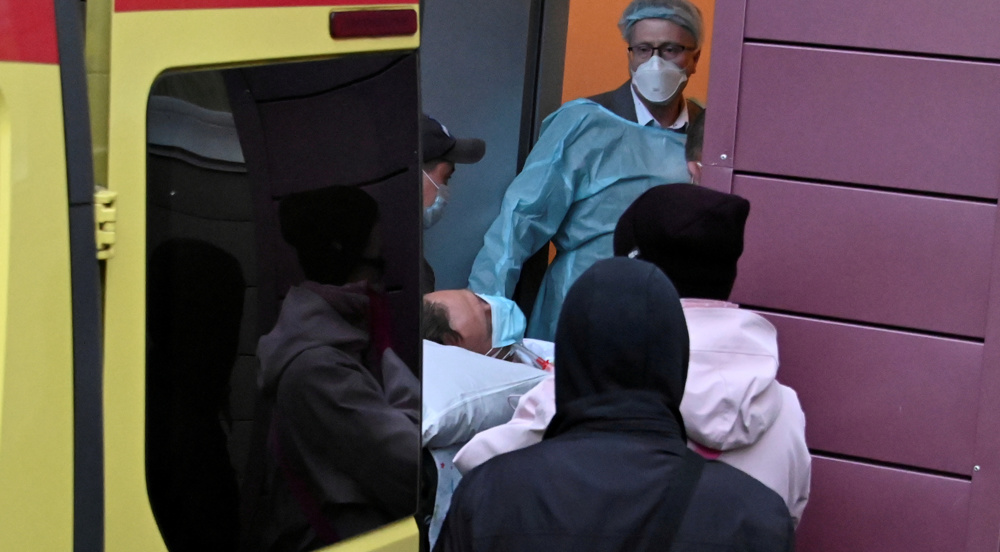Russia prepares additional request to Germany on Navalny case
Moscow has prepared an additional request to demand legal assistance from Germany in the case of Alexei Navalny, amid groundless accusations about Russia's involvement in purported poisoning of the opposition figure.
Russia’s Ministry of Internal Affairs made the announcement in a statement on Friday and said Moscow plans to send investigators to work alongside German colleagues on the case, after reports emerged Navalny had come out of a coma.
"This request will include an appeal to allow the presence of investigators from Russian domestic organizations examining the case, as well as the presence of a Russian specialist while our German colleagues are carrying out their investigation with Navalny, doctors and experts,” the statement said.
The ministry also requested permission to ask clarifying and additional questions in Navalny’s case.
The 44-year-old Navalny was taken ill on a domestic flight on August 20 and was later transported to the German capital, Berlin, where he was said to have been poisoned. His aides had already claimed that a cup of tea that he had drunk before the flight had been poisoned, blaming Moscow.
But doctors at a hospital in the Siberian city of Omsk where he was initially admitted said they had found no traces of poisoning in his blood or tissue samples, and underlined that the deterioration in his health had been caused by a sudden drop of glucose in his blood due to a metabolic imbalance.
However, German Chancellor Angela Merkel was quick to allege that there was “unequivocal evidence” that Navalny had been poisoned with a Novichok nerve agent and that she would consult NATO allies about how to respond.
Western governments have since been attacking Russia with accusations that it poisoned Navalny.
The opposition figure’s associates, for their part, also claim that the purported use of Novichok, a military-grade nerve agent, allegedly showed that only Moscow could be responsible.
The Russian government has fiercely denied any involvement in the so-called “poisoning” case.
Moscow has already asked Germany for Navalny’s medical records and warned other countries against jumping to conclusions without knowing the full facts.
Russia has not opened a formal criminal investigation and is sticking to its position that it needs hard evidence from Germany that Navalny was indeed poisoned.
Diplomat discourages recourse to pressure, intimidation, confrontation against Iran
UN: 2024 deadliest year for aid workers amid genocide in Gaza
Gaza health official warns of hospital shutdowns within 48 hours
Israel kills 5 more paramedics in southern Lebanon: Health ministry
Iran to launch ‘new, advanced’ centrifuges in response to IAEA resolution: AEOI
Yemen fires hypersonic missile at Israeli airbase
VIDEO | New Delhi chokes under toxic smog as air quality remains at hazardous levels
VIDEO | Press TV's news headlines


















 This makes it easy to access the Press TV website
This makes it easy to access the Press TV website